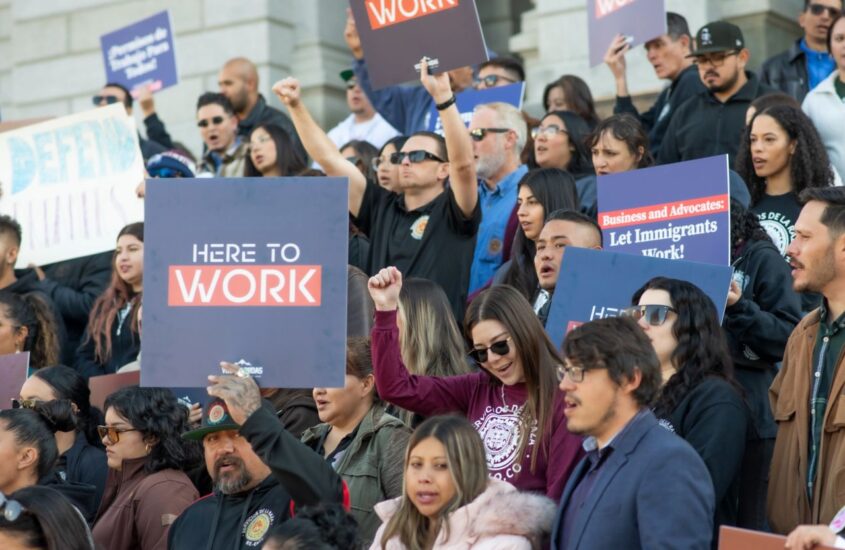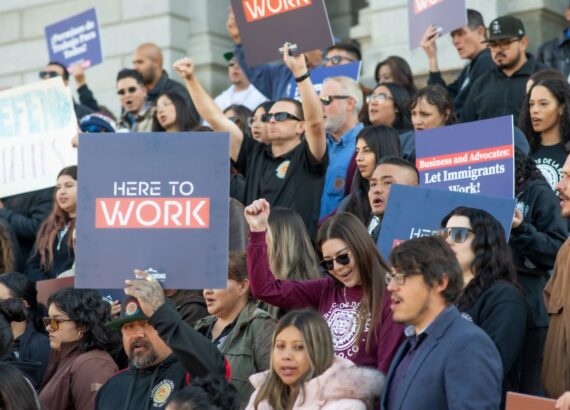Are Undocumented Workers Taking Our Jobs?


In today’s labor market, the presence of undocumented workers has sparked debates about their impact on job availability and wages. Despite the controversy, it is crucial to delve into the specifics of whether undocumented workers are truly taking away jobs from legal residents.
Undocumented Workers: Impact on Job Market
The presence of undocumented workers in various industries raises questions about their influence on job availability. While some argue that they take away jobs from legal residents, others assert that they occupy positions that citizens are unwilling to fill.
Specific Jobs Taken by Undocumented Workers
Undocumented workers often find employment in sectors such as agriculture, construction, hospitality, and domestic services. These industries have historically relied on immigrant labor, leading to concerns about the displacement of legal workers.
Industries Dominated by Undocumented Workers
Undocumented workers play a significant role in industries that are crucial to the economy. Their presence in agriculture, food processing, and hospitality underscores their impact on specific sectors, prompting discussions about labor dynamics and employment practices.
Employment Without Proper Documentation
Securing a job without proper documentation poses challenges, but undocumented workers often find employment through informal networks, referral systems, and employers willing to overlook their status. The use of false documents and social security numbers also contributes to their employment in various jobs.
Arguments Against Undocumented Workers
Opponents of undocumented workers argue that their presence in the labor market can depress wages and reduce job opportunities for legal residents. They contend that undocumented workers often accept lower wages, which can undercut the bargaining power of legal workers1. Additionally, there are concerns that providing legal status to undocumented workers might encourage more illegal immigration and reward lawbreaking2.
Impact of Immigration Policies
Immigration policies significantly impact the presence and role of undocumented workers in the labor market. Policies that tighten border security and increase deportations can create a climate of fear among undocumented workers, affecting their willingness to seek employment and access services3. Conversely, policies that provide pathways to legal status can enhance their economic contributions and integration into society. For instance, providing a pathway to citizenship for undocumented immigrants could increase the U.S. GDP by $1.7 trillion over 10 years and create 438,800 new jobs4.
Economic Contributions of Undocumented Workers
Despite their undocumented status, these workers make substantial economic contributions. Each year, undocumented workers and their households pay approximately $79.7 billion in federal taxes and $41 billion in state and local taxes5. They also hold significant spending power, estimated at $314.9 billion5. These contributions are vital to various sectors, including agriculture, construction, and hospitality, where they form a significant portion of the workforce6.
Incentives for Undocumented Workers
Undocumented workers are driven by the promise of better economic opportunities and the prospect of providing for their families. In many cases, they take on physically demanding or low-paying jobs that legal residents may shun, highlighting the complex motivations behind their presence in the workforce.
1: IZA World of Labor 2: Baker Institute 3: KFF 4: Baker Institute 5: American Progress 6: New American Economy


